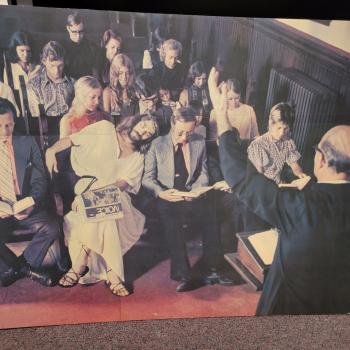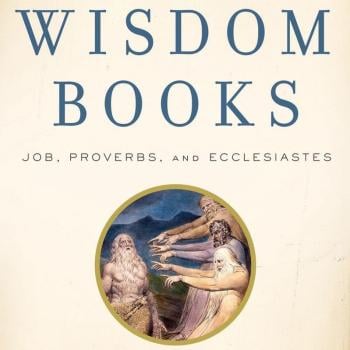Prov. 25 begins with a statement telling us that the scribes of King Hezekiah (late eighth century B.C.) collected and present some proverbs of Solomon, and as Robert Alter notes, the word ‘too’. here (‘These too are proverbs of Solomon’) means there was a previous collection, and Alter suggests it is in Prov. 10. 25.2-3– “God’s honor is to hide a matter/ the king’s honor to probe a matter….but the heart of kings is beyond probing”. 25.11– “Golden apples in... Read more

















